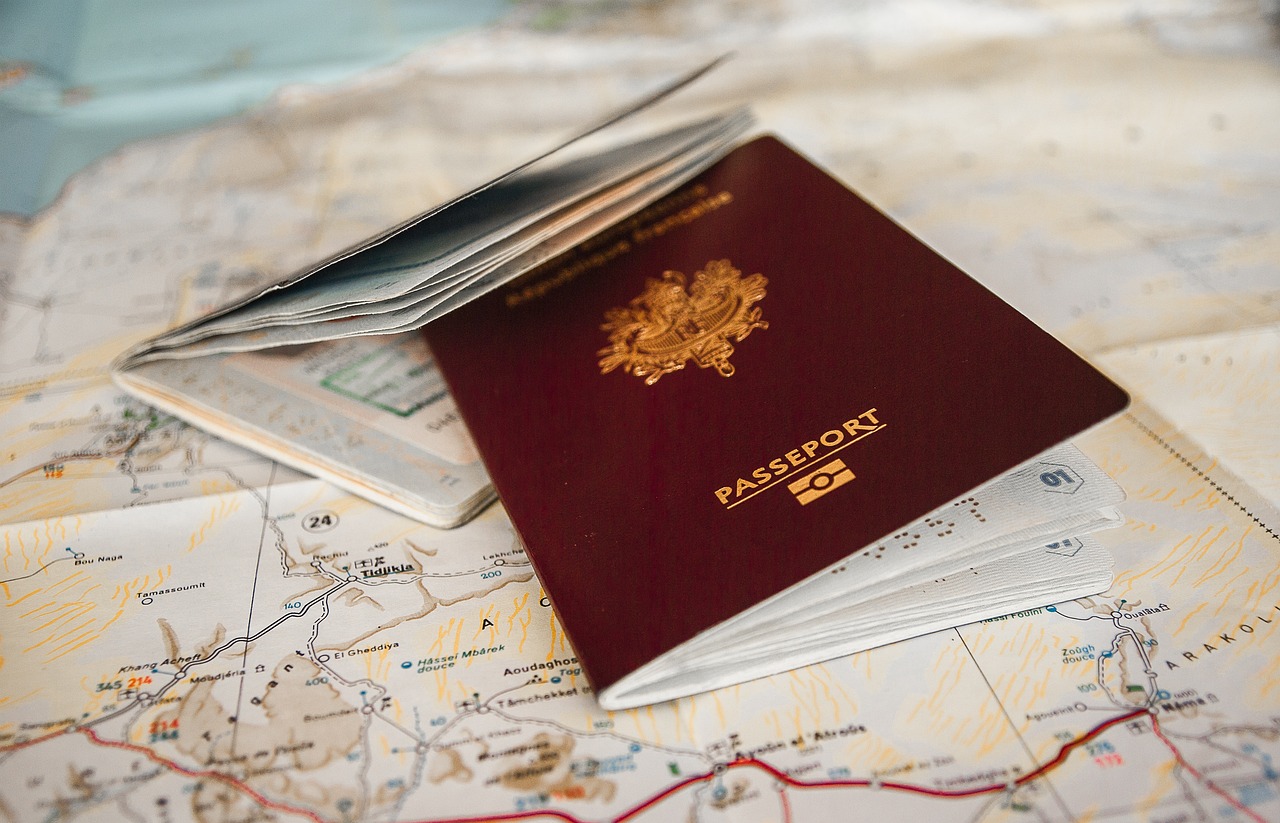Sustainable Souvenirs: Supporting Local Artisans and Communities
Artisan communities play a vital role in preserving traditional craftsmanship and cultural heritage. These skilled individuals contribute to the local economy by creating unique handmade products that reflect the region’s history and identity. Through their artistry, artisans pass down centuries-old techniques to younger generations, ensuring that these valuable skills are not lost to modernization.
By supporting local artisan communities, consumers can make a positive impact on sustainable tourism. Purchasing handmade souvenirs directly from artisans helps to empower these individuals economically and promotes the continuation of their craft. Additionally, buying locally-made products reduces the carbon footprint associated with mass-produced goods that are often shipped long distances. By choosing to support artisan communities, travelers can foster cultural exchange and appreciation for traditional handicrafts.
Traditional Handicrafts
One of the most captivating aspects of exploring different cultures is discovering the unique traditional handicrafts crafted by local artisans. These skilled individuals dedicate their time and talent to create exquisite pieces that showcase the rich cultural heritage of their communities. From intricate textiles to delicate pottery, each handicraft tells a story of tradition and craftsmanship passed down through generations.
Traditional handicrafts are not just beautiful pieces of art; they also play a crucial role in preserving cultural identity and heritage. These handmade items reflect the history, values, and beliefs of a community, serving as a tangible link to the past. By supporting local artisans and purchasing their traditional handicrafts, we not only contribute to the sustainability of these time-honored practices but also help ensure that these unique art forms continue to thrive for future generations to appreciate and enjoy.
Environmental Impact of Souvenirs
When travelers purchase souvenirs during their trips, they may not realize the environmental impact that these items can have. Often, souvenirs are made from materials that are harmful to the environment, such as plastic or non-recyclable materials. Additionally, the manufacturing process of these souvenirs may contribute to pollution and waste generation, further adding to the environmental footprint of these items.
Moreover, the mass production of souvenirs can lead to the exploitation of natural resources and wildlife. In order to meet the demand for cheap and easily accessible souvenirs, forests are often cleared, habitats are destroyed, and endangered species are put at risk. This unchecked exploitation not only harms the environment but also threatens the biodiversity of the regions where these souvenirs are sourced.
What is the significance of supporting local artisan communities when purchasing souvenirs?
Supporting local artisan communities helps preserve traditional craftsmanship and cultural heritage, while also promoting sustainable economic development in the region.
How do traditional handicrafts contribute to the environmental impact of souvenirs?
Traditional handicrafts are often made from natural, biodegradable materials sourced locally, which have a lower environmental impact compared to mass-produced souvenirs made from plastic or non-sustainable materials.
What are some ways to minimize the environmental impact of souvenirs?
One way is to purchase souvenirs made from sustainable materials or support eco-friendly businesses that prioritize environmental conservation. Another way is to opt for experiences or digital souvenirs instead of physical items.
How can consumers ensure they are making environmentally conscious choices when buying souvenirs?
Consumers can ask about the materials used in the production of souvenirs, choose products that are ethically sourced and produced, and support businesses that have sustainable practices in place. Additionally, looking for eco-certifications or endorsements can help identify environmentally friendly souvenirs.





